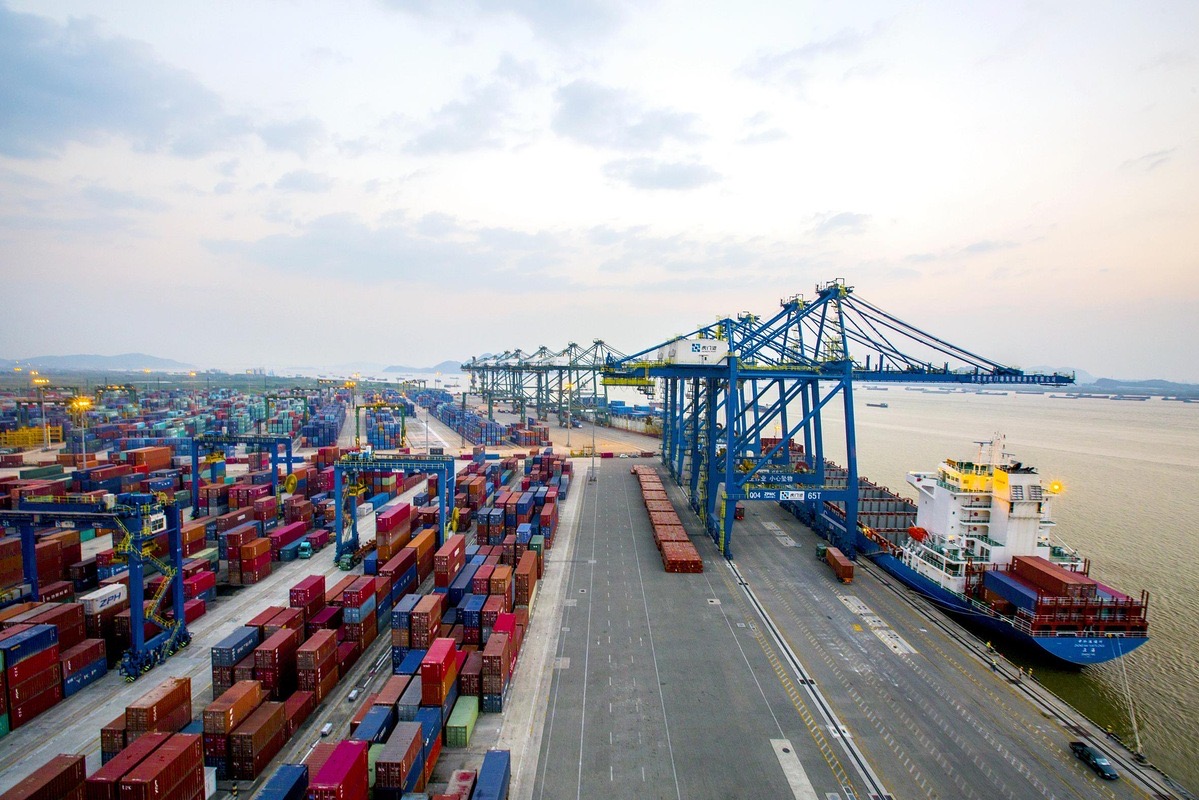Pakistan’s IT and IT-enabled Services (ITeS) sector has been experiencing significant growth in its export performance recently.
2023 and March 2024, the sector’s export remittances reached $2.283 billion, marking a substantial increase of 17.37% compared to the $1.945 billion recorded during the same period in the previous fiscal year.
Several factors have contributed to this impressive growth trajectory. One of the pivotal reasons behind the surge in IT exports has been the State Bank of Pakistan’s (SBP) decision to relax foreign currency retention limits.
The SBP increased the permissible retention limit for IT companies from 35% to 50% in the Exporters’ Specialized Foreign Currency Accounts.
This move incentivized IT firms to repatriate their foreign earnings and deposit them into local accounts, thereby bolstering the country’s foreign reserves.
A stable Pakistani rupee has played a crucial role in encouraging IT companies to repatriate their foreign income. A stable currency reduces the risk associated with foreign exchange fluctuations, making it more attractive for companies to bring their earnings back to Pakistan.
March 2024 emerged as a standout month for IT exports, with the sector achieving its highest-ever monthly export figure of $306 million.
This marked a 36% increase compared to March 2023, highlighting the sector’s strong momentum. The monthly IT exports for March 2024 were 19% higher than the previous month, indicating sustained growth.
On a year-on-year basis, the sector’s export remittances for the first nine months (July-March) of the fiscal year rose by 17% to reach $2.28 billion. After accounting for imports, the net IT exports during the same period increased by 16% to $1.99 billion.
While there is optimism surrounding the sector’s growth prospects, with Finance Minister Muhammad Aurangzeb projecting IT exports to reach $3.5 billion by the end of the fiscal year, some analysts and industry experts like Topline Securities have more conservative estimates. They anticipate that the gross IT exports for the fiscal year 2023-24 might hover around $3.0 billion.
To foster the growth of the IT and ITeS sectors, various government bodies, including the Ministry of IT and Telecommunication, the Pakistan Software Export Board (PSEB), and the Special Investment Facilitation Council (SIFC), have been working collaboratively.
Their concerted efforts have been focused on enhancing the ease of doing business, attracting foreign investments, and promoting international business development within the IT industry.
Despite the positive growth trajectory, the IT sector in Pakistan faces several challenges that need to be addressed to unlock its full export potential.
The sector has experienced inconsistencies in government policies, which can create uncertainty and hinder long-term planning for businesses.
Tax policies and regulations affecting the IT sector also need to be streamlined to provide clarity and promote investment. Access to finance and banking services tailored to the needs of IT companies remains a challenge, impacting their ability to scale operations and invest in innovation.
Pakistan’s IT and ITeS sectors have demonstrated robust growth in exports, driven by favorable policy reforms, a stable currency, and collaborative efforts by government bodies.
While there is optimism about the sector’s growth potential, addressing the existing challenges, including policy inconsistencies, taxation issues, and banking hurdles, will be crucial to realizing the sector’s full export potential and achieving sustainable growth in the long run.

















